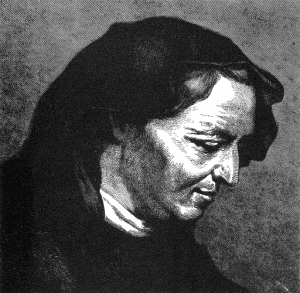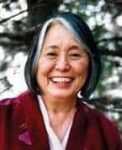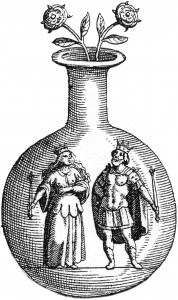The Four Couples Within: The Structure of the Self and the Dynamics of Relationship
This episode is part one of the series The Four Couples Within: The Structure of the Self and the Dynamics of Relationship. It was recorded in 1989.
The four archetypal couples inherent in the Self—the King and Queen, the Warriors, the Magicians, the Lovers—create four distinct psychosocial environments within a relationship. The archetypal dynamics underlying both fulfillment and frustration in human relationships are examined in this seminar recording, with particular focus on marital dynamics and sexual dysfunction.

Podcast: Play in new window | Download (65.1MB)
For the complete series, CLICK HERE
For all of Dr. Moore’s lectures, CLICK HERE
© 1989 Robert Moore. This podcast is licensed under a Creative Commons Attribution-NonCommercial-NoDerivatives 4.0 International License. You may share it, but please do not change it, sell it, or transcribe it.
Music by Michael Chapman
Edited and produced by Benjamin Law

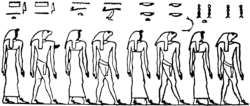
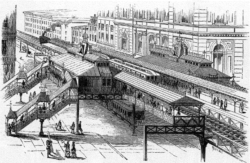
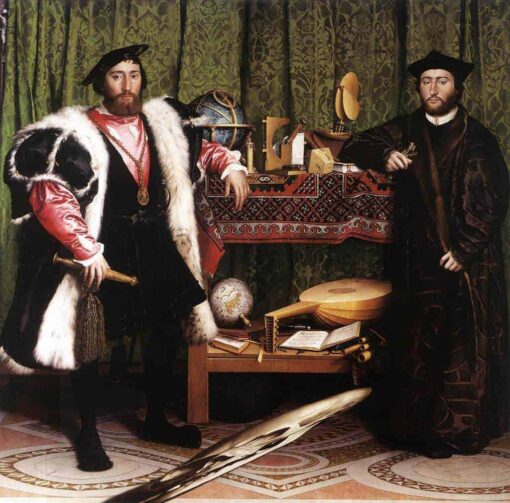
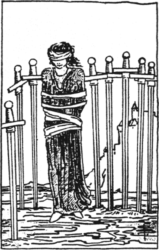 with Brenda Donahue, RN, LCSW
with Brenda Donahue, RN, LCSW